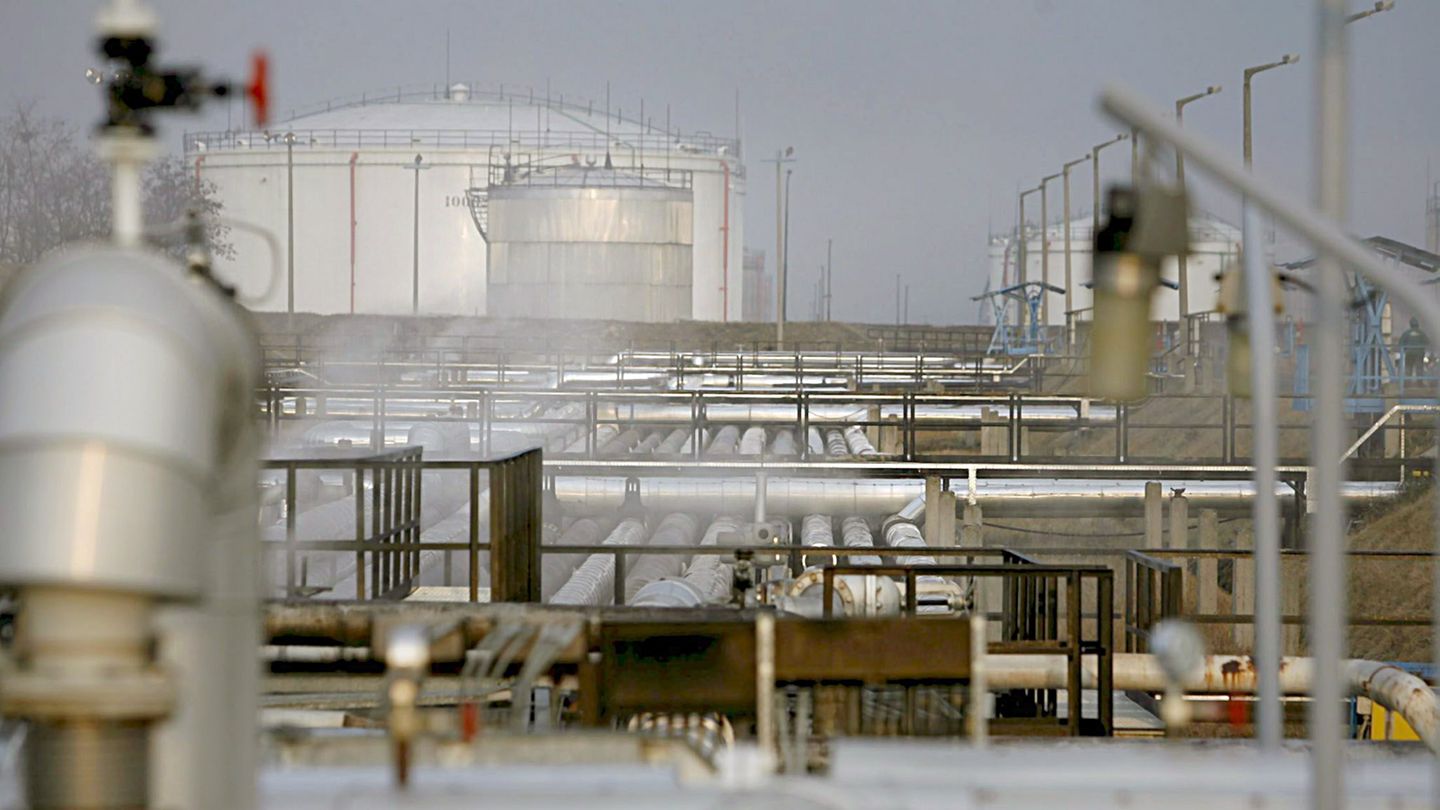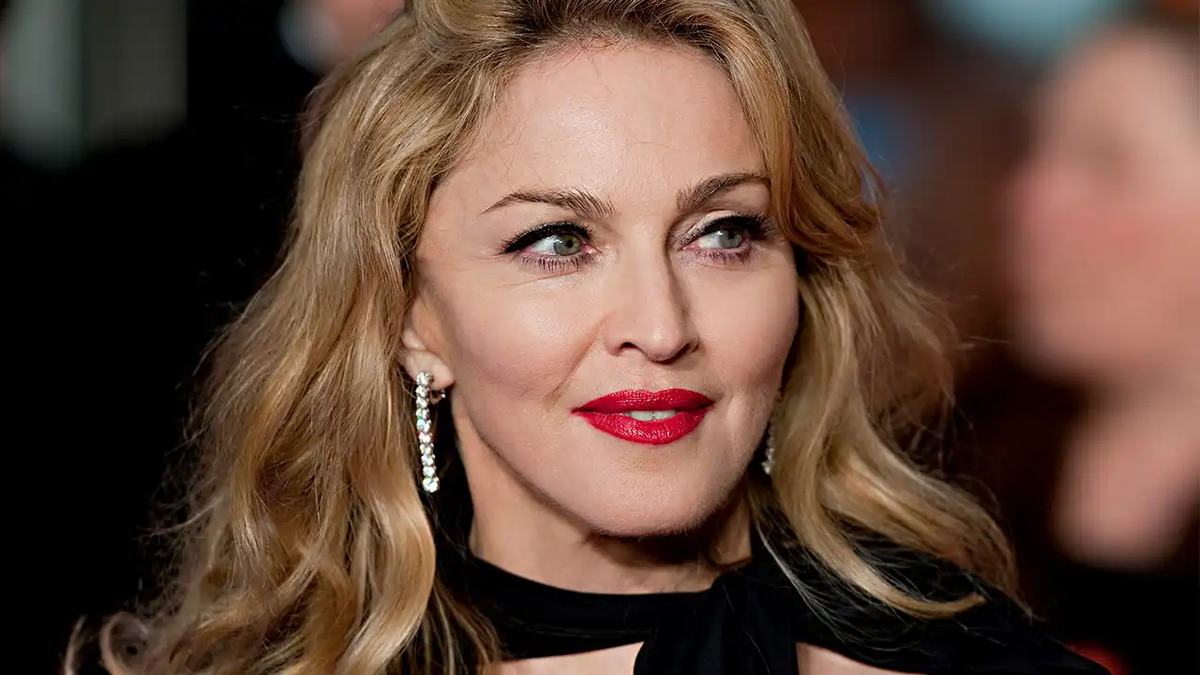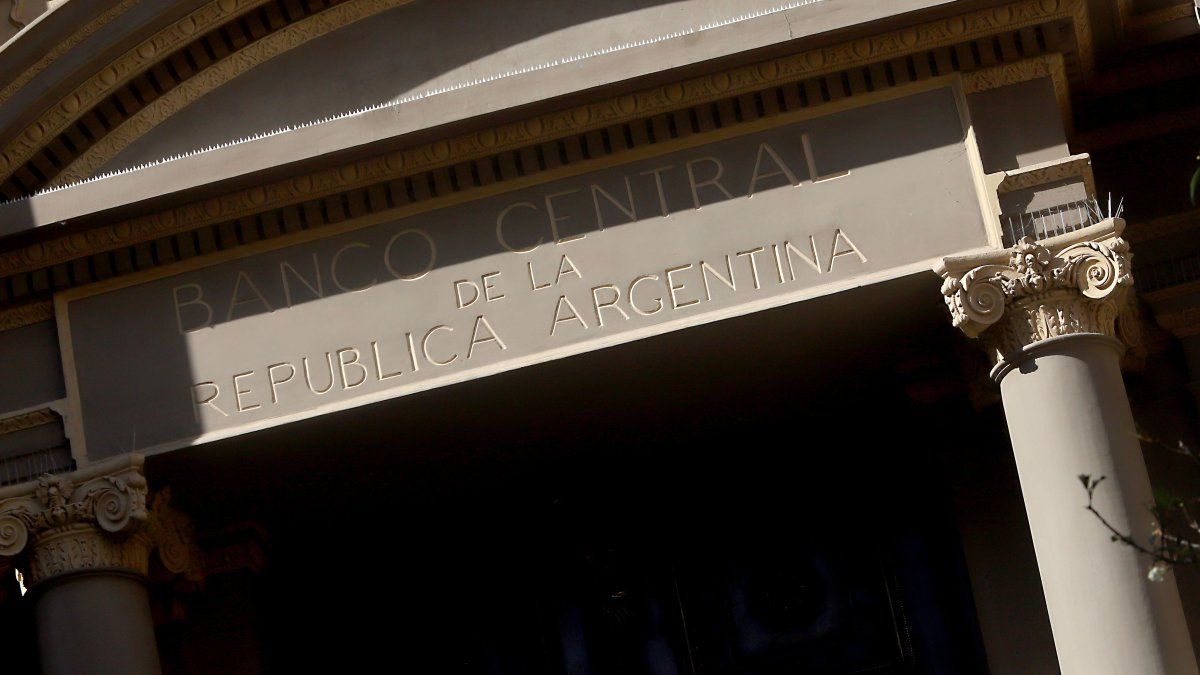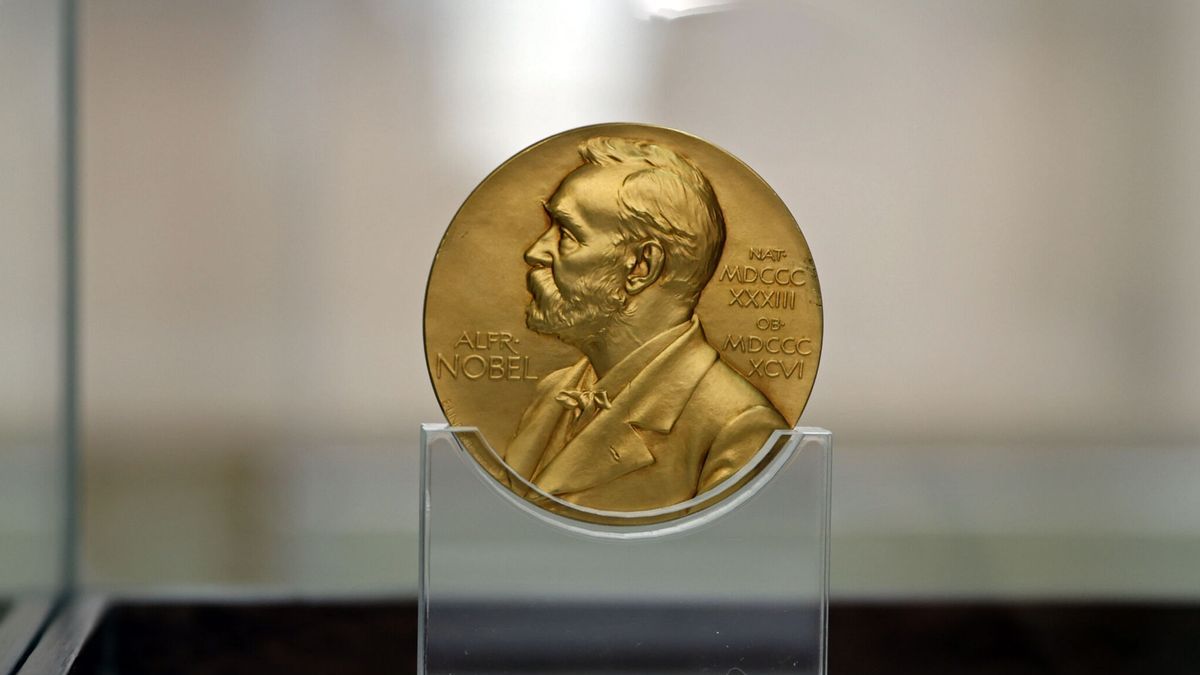Hungary’s right-wing Prime Minister Viktor Orban blocked an EU boycott of Russian oil for weeks. A compromise was reached at a summit meeting in Brussels. This is how the press at home and abroad commented on the sanctions decision.
The EU oil embargo against Russia is coming, but the Europeans’ previous unanimity towards Moscow has cracked: after weeks of discussions, the EU states have agreed on an extensive boycott of oil supplies from Russia. However, the agreement reached at a summit in Brussels reveals that after three months the EU is finding it increasingly difficult to react with one voice to the Russian war against Ukraine. The heads of state and government of the 27 countries are still trying to be united. Hungary’s Prime Minister Viktor Orban could only be persuaded to agree to the embargo plans through significant concessions.
According to the compromise made on Tuesday night, the import of Russian oil by ship should be banned. However, the import ban via water will not take effect until the end of the year at the earliest. Overland deliveries via pipeline remain permitted.
“Idleness and running out of time are Vladimir Putin’s best allies”
Hungary had argued that the country could not do without Russian oil anytime soon for economic reasons. The neighboring countries Slovakia and the Czech Republic joined. In order to persuade Orban to give in, he was promised money from EU pots for the conversion of his country’s oil infrastructure after his blockade for weeks. In the event of sudden delivery problems, Hungary should also be allowed to obtain oil by tanker despite the embargo.
This is how newspapers from Germany and the world comment on the EU’s oil compromise.
“General Newspaper” (Mainz): “Putin can keep his oil flowing. There is even the possibility that he can initially even raise the prices due to the shortage – and earn more money for his war chest. In addition, Putin has been given enough time to find new buyers. In the long term “The multitude of sanctions will harm the Russian dictator, and resources will be scarce. But that will take well into next year. Putin has once again had a moment to breathe. And he knows: nerves in the EU are strained. Every head of government is under enormous pressure in his own country and could quickly become nervous. The European Union must move closer together again. But she hardly has time for this: After all, the seventh package of sanctions is to be prepared as soon as possible. And that holds even more explosive potential: a gas embargo is hard to imagine at the moment.”
“Reutlingen General Gazette”: “Despite the limited economic consequences for Russia, the oil embargo is still a political signal to Putin. It shows that Germany and the EU are putting an end to the old policy, according to which gas and oil contracts are only about the economy and the The cheapest price counts. The current dependence on Russia shows how wrong that is. Germany and Europe have made themselves vulnerable to blackmail. It’s good that a rethink is now beginning. Energy policy shouldn’t be based on wishful thinking, but on a realistic consideration of all dangers.”
“Central German Newspaper” (Hall): “It’s the same with the oil embargo as with any compromise: neither side would have been able to achieve anything without making compromises. An agreement is no reason to badmouth the EU – on the contrary. Even the question of whether Orban’s domestically driven course is legitimate , remains a question of perspective. Admittedly, he leaves an ice-cold populist impression when he ignores the suffering of the Ukrainians and acts as a defender of the Hungarian families, whose heating oil he does not allow to be turned off.
But it is also an illusion if the other heads of government of the EU believe that they can simply assume the support of their people for tough sanctions – which may be necessary for a very long time – no matter how noticeable the consequences are.”
“Leipziger Volkszeitung”: “In Schwedt and Leuna, thousands of jobs would be at risk in regions where disappointment with the political elite is already widespread and socially explosive. From this perspective, Scholz and Habeck can secretly be happy that the troublemaker Orban is highly dependent on Russia “By enforcing that pipeline oil is exempt from the embargo, he has also bought the East German sites time to convert. The fact that the federal government immediately announces that it will not use the special regulation and instead promises state aid for the conversion is nevertheless correct – also in the sense of the refineries in East Germany, because the popular myth there that the Russians always deliver reliably can quickly prove to be a fallacy.”
“New Osnabrück Newspaper”: “With the oil embargo light as part of a sixth sanctions package that the EU now wants to impose against Russia, the community has been able to maintain its common line in the face of the Russian war of aggression in Ukraine. With the compromise after weeks of disputes, especially with Hungary, the Union narrowly avoiding embarrassment. The sense of such an oil boycott may well be questioned. If Putin should succeed in getting the black gold sold elsewhere, the European embargo will be for naught. And indeed, China and India stand by theirs enormous hunger for energy as a customer.”
“El Mundo”, Spain: “The agreement on the EU embargo on Russian oil is not as satisfactory as it could be. Mainly because oil by pipeline remains exempt, a demand by Hungary, which was backed by Slovakia and the Czech Republic. The Visegrad group behaves like a Trojan horse of Russian interests at the heart of Europe.Putin’s war in Ukraine and his threats against other countries are forcing us to examine Visegrad’s – and particularly Orban’s – loyalty to the EU’s values, which are diametrically opposed to Putin’s nationalist autocracy .
When EU countries cannot reach unity, when they allow opposing currents in their midst that spread illiberalism and abuse the power of veto, then it is time to move to majority rule. Perhaps these societies and their political class will then really opt for integration, security and freedom under the umbrella of the EU. Just like Poland, which has behaved in an exemplary manner both in terms of refugee aid and sanctions since the outbreak of war.”
“Wall Street Journal”, USALo and behold, after a month of wrangling, the 27 member states of the European Union have agreed on a new package of sanctions against Russian oil. The sanctions will not turn the tide in the war in Ukraine, but they increase the costs for Vladimir Putin and show Europe’s determination to punish him.(…) Higher oil prices will undoubtedly hurt the West, but perhaps not as much as the sanctions could harm Putin.Russia exported around $180 billion worth of oil last year , about three times as much as gas. Rosneft’s revenues alone account for about a fifth of the Kremlin’s budget.(…) However, the oil sanctions show that Europe is willing to make some economic sacrifices to help Ukraine and fending off the Kremlin’s aggression.(…) Europe would be far less economically vulnerable if it hadn’t made itself so dependent on Russian oil and gas.But having made this mistake, Europe is now trying to free itself from the Kremlin’s energy lever. The oil embargo is a step in the right direction.”
“The Guardian”, UK: “In the run-up to the EU summit in Brussels, German Economics Minister and Vice-Chancellor Robert Habeck warned that agreement on sanctions against Russia was beginning to crumble purpose just about fulfilled.
The partial embargo on Russian oil imports agreed at the summit represents a significant, albeit belated, increase in economic pressure on Vladimir Putin’s regime transported to Central Europe by a Soviet-era pipeline. Since Germany and Poland will refrain from imports from this source, the embargo should cover over 90 percent of Russian oil shipments to Europe by the end of the year. Over time, and in conjunction with other sanctions, the embargo will result in Moscow being deprived of funds and resources for a protracted war of attrition that it did not anticipate.”
“DNA”, France: “Europeans and Americans were convinced that they could slowly suffocate the Kremlin ruler (Russian President Vladimir Putin) with economic and political sanctions. However, the western strategy did not achieve its goals either. (…)
Russia is now reclaiming a meager advantage in this war of losers. It’s no longer Soviet, but remains a rock solid block.
The European Union, on the other hand, has appeared somewhat divided and too often passive in recent weeks. It was crucial to stop this spiral. With the (…) agreement on a ‘sixth package of sanctions’ against Moscow, which also includes an embargo on imports of Russian oil, the EU states have again taken the initiative at the right time. You must never forget that inaction and the passing of time are Vladimir Putin’s best allies.”
“Rzeczpospolita”, Poland: “The EU decided on the first five sanctions packages against Russia within two months. It took another month before agreement was reached on the sixth point. But even this success is half-hearted at best. Due to Hungarian resistance, the agreement does not only conclude that Oil transported by pipeline – also the part related to shipments by ship will not come into effect until the end of the year.
Unlike the Czech Republic, Slovakia and Hungary, Germany and Poland have announced that they will stop importing crude oil via the Druzhba pipeline. But we, too, have set ourselves a deadline of the end of this year. For Ukrainians, these seven months are an eternity. That’s more than twice the length of the war that has claimed the country tens of thousands of lives, displaced millions of Ukrainians from their livelihoods and wiped out half of Ukraine’s economy. What’s left of Ukraine when we celebrate New Year’s Eve?”
Source: Stern
David William is a talented author who has made a name for himself in the world of writing. He is a professional author who writes on a wide range of topics, from general interest to opinion news. David is currently working as a writer at 24 hours worlds where he brings his unique perspective and in-depth research to his articles, making them both informative and engaging.




